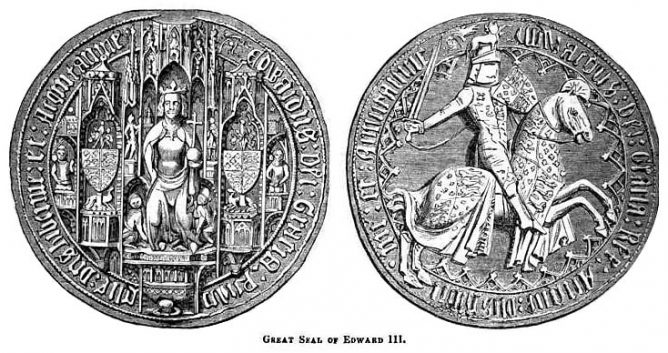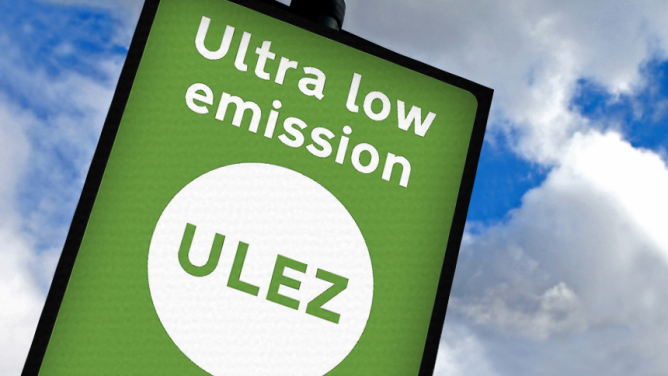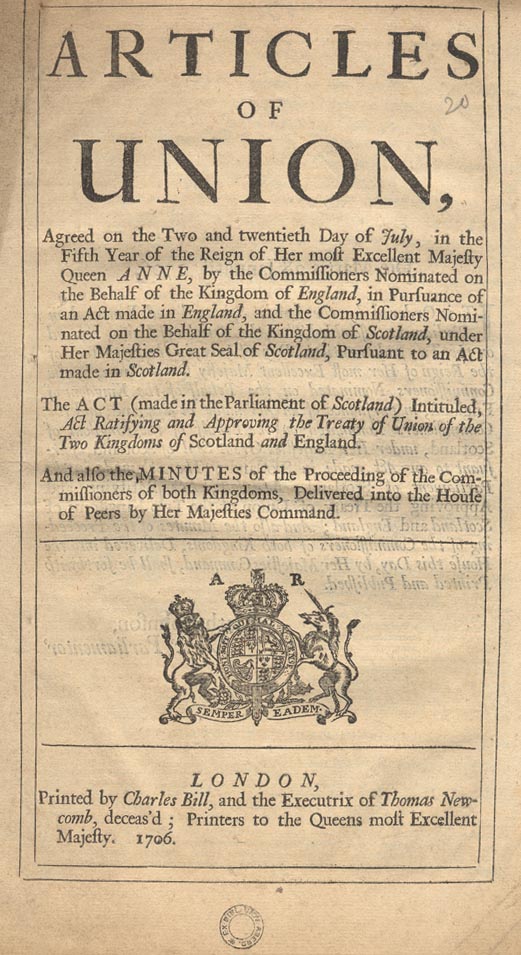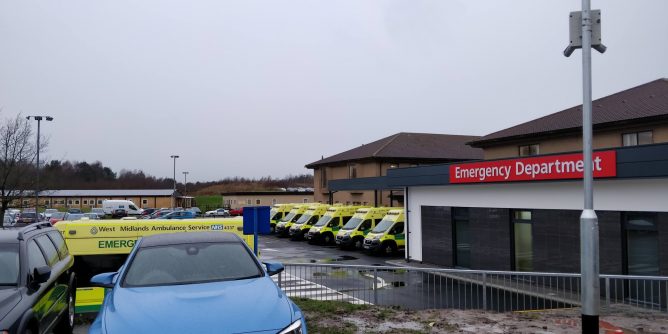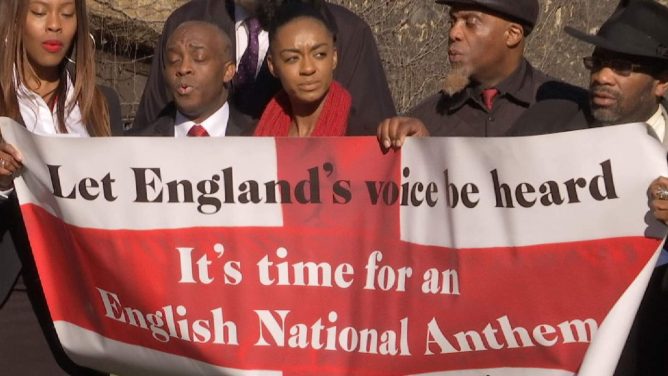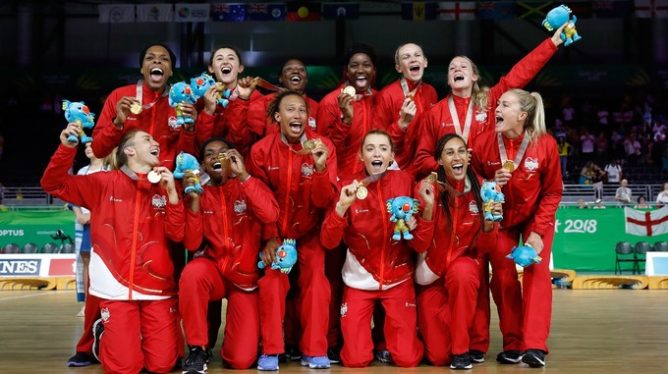Fifty Scottish “celebrities” have signed a new declaration of independence, calling for the establishment of an independent socialist state.
The 12 demands in the declaration are:
- It is the sovereign right of the Scottish people to determine the form of government best suited to their needs, now and in the future. In all political deliberations, decisions and actions their interests should be paramount.
- Scotland should be an open and democratic society in which no individual is excluded, oppressed or discriminated against on account of their race, colour, faith, origin or place of birth, physical or mental capacity, sex, sexuality,gender or language.
- Scotland should have a written constitution which clearly lays out the rights of its citizens, the country’s system of government and the relationships that exist between government, its instruments and powers and the rights of individual citizens.
- Scotland should take its place as an independent country on the world stage, free to join international organisations and alliances for purposes of trade and commerce, and for the protection and care of the planet’s natural environment, without which the human race cannot survive.
- Scotland should uphold internationally acknowledged values of non- aggression and self-defence, and should refuse to maintain, stock or use, for itself or on behalf of any other power or government, chemical, biological or nuclear weapons or any other weapons of mass destruction.
- There should be clear separation of the powers of the Scottish parliament and government (the executive). The judiciary should be completely independent of government.
- Independence will provide an opportunity to review and, where necessary, change the systems of both national and local government, in order to make them more accountable to the people and more beneficial to their needs.
- Ownership of land, property and natural resources should be subject to open and democratic scrutiny. The ability of communities, both rural and urban, to own the land in and on which they exist should be enhanced and extended.
- There should be total transparency in the way property in Scotland is bought, sold or possessed.
- Freedom of speech and action, and the freedom to work, create, buy, sell and do business should adhere to principles of environmental and communal sustainability and responsibility. Profit and economic growth should not be pursued at the expense of the wellbeing of the people or their habitat or that of other people or nations.
- We affirm the values of care, kindness, neighbourliness and generosity of spirit in all our dealings. Such values are the foundation stones of a fair, free and open society where all citizens have the opportunities to lead the best, most fulfilling lives they can.
- It is our belief that the best option now open to the Scottish people is for Scotland to become an independent country. The alternative is to accept that Scotland’s fate would remain in the hands of others and that the Scottish people would relinquish their right to decide their own destiny.
To be fair to them, there is some good stuff in amongst the pie in the sky lefty nonsense. Asserting popular sovereignty, improving democratic accountability and protection of freedoms are sentiments I can’t help but agree with even if the rest of it is less palatable.
It is a real shame that politicians and public figures don’t feel so strongly about England’s future or for the rights of the people of England. A group calling itself the English Constitutional Convention has been in existence for many years and has made half-hearted declarations that have been largely ignored, even at the height of the campaign for an English Parliament when the subject was in the news on an almost daily basis. Its close association with the toxic English Democrats means it is unlikely to ever gain mainstream support.
A similar declaration for England would do much to highlight the institutional discrimination against England within the British establishment and empower the English people to take control of their own destiny. The English identity is much more prevalent than the British identity and has been for many years but it is suppressed as a threat to British supremacy. An English people expressing their Englishness with the blessing and backing of public figures would deal a fatal blow to the status quo and consign Britishness to the history books once and for all.
British nationalists will view this with fear and dismay but they are an increasingly small minority. For too long we have been told that describing yourself as English is somehow wrong and not the sort of thing you say in polite company whilst our flag has been unfairly associated with British ethnic nationalists and white supremacists by those who wave the same flag as the likes of the BNP and National Front.
Smile at us, pay us, pass us; but do not quite forget;
G.K. Chesterton, the Secret People
For we are the people of England, that never have spoken yet.

